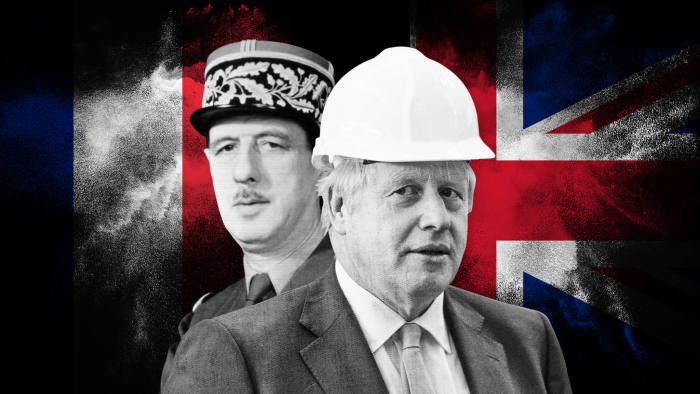So far Mr Johnson’s moral laziness has prevented him from making the best of these instincts. He has made a mockery of his talk of reforming the state by dumping a collection of cronies on the House of Lords, for example. A reading of Mr Jackson’s book might remind him of the importance of both dignity and high seriousness in political affairs. Not that he should go the whole de Gaulle—that would produce an absurdity—but he would benefit from mixing some gravity into a persona that was crafted decades ago and is in danger of outliving its usefulness. It might also provide him with some ideas. One of the first things the general did in 1945 was to give the green light to the creation of the Ecole Nationale d’Administration,in order to train hauts fonctionnaires in the arts of modern government. A British ENA would send a powerful message that Britain wants its crème de la crème to serve the state rather than McKinsey or Goldman Sachs.

De Gaulle also has some darker skills to impart. A pragmatist as well as a romantic, he was a master of the art of betrayal. He repeatedly sold his friends down the river, most obviously the pieds noirs French settlers in Algeria by granting the colony independence.But he turned the boiling hatred this provoked into another source of strength by treating hatred of de Gaulle as hatred of France. Mr Johnson is no slouch when it comes to betraying people: during the Brexit talks he was quick to dump his once staunch allies, the Ulster Unionists, by agreeing to a border in the Irish Sea. But he needs to work on managing the hatred he arouses.
译文由可可原创,仅供学习交流使用,未经许可请勿转载。











